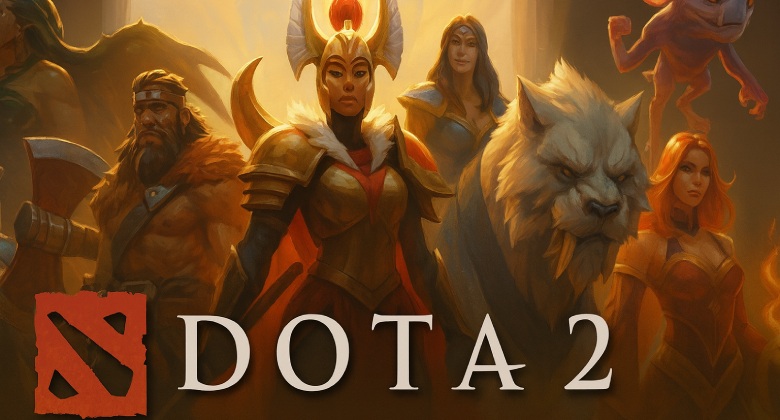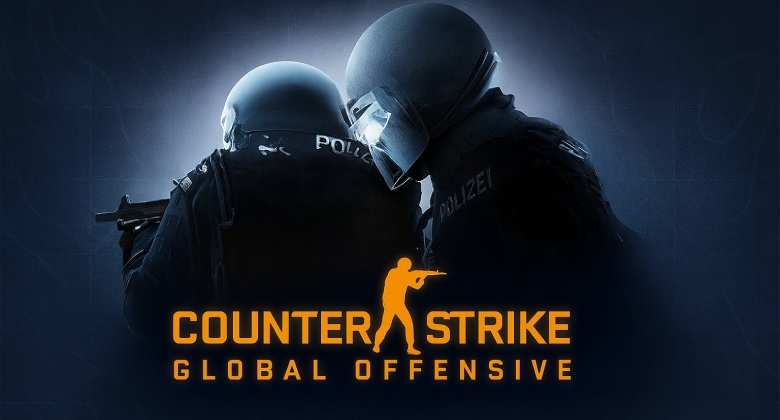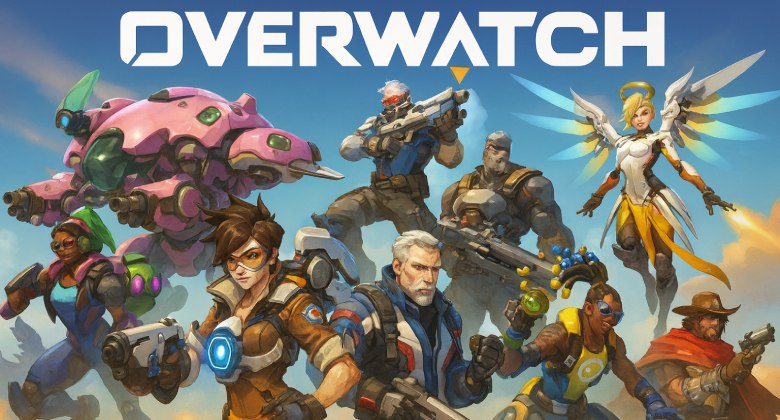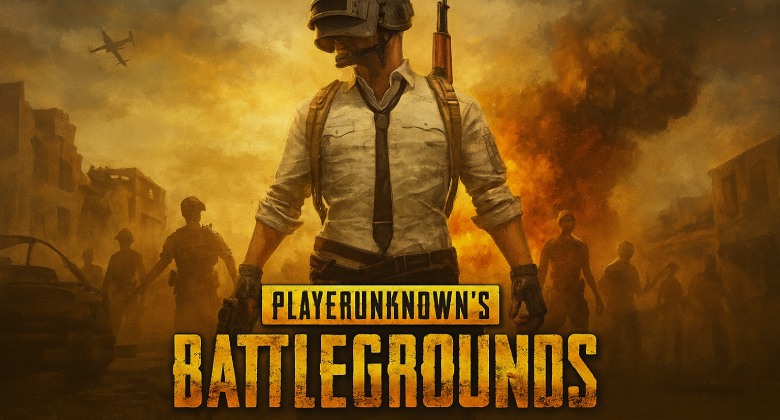
An evolution in eSports has brought about the transformation of video gaming from a pastime into a full-fledged industry. The tournaments, prize money, multi-million-dollar businesses, and broadcasting all happening at an international level have a mounting number of players, fans, and sponsors who participate. eSports is said to be the only form of sports that exists completely in cyberspace, with competitors either playing online or competing on stage in front of thousands of adoring fans.
The proliferation of platforms, speedy internet connections, and a growing competitive mindset has favored the growth of eSports. From casual gaming to professional gaming, a disparity exists in the understanding of games that make up the eSports ecosystem. Atop the eSports rostrum are titles such as League of Legends, Fortnite, Dota 2, CS:GO, Overwatch, and PUBG. These titles have different gameplay mechanics with various strategies and fan bases.

Legendary, with an array of tournaments under its banner, LoL, as it is called in the common parlance, is arguably the most important and widely accepted game in the world of competitive gaming. The game was developed by Riot Games and is a multiplayer online battle arena (MOBA), two teams of five players said to be competing on a symmetric map. The goal: to successfully knock down the enemy Nexus, a principal structure back in their base, while trying to guard theirs. The balance between Individuals and team coordination makes the whole strategy and communication element in its advancement equally important.
Each Summoner picks a Champion with unique abilities, and matches consist of pushing lanes and objectives while doing rotations to gain advantages over the other team. The pro scene for LoL is massive, with events such as the League of Legends World Championship drawing millions worldwide in viewership and offering multi-million dollar prize pools. The mix of very competent strategy, on-point gameplay, and teamwork has made the game really the centerpiece of competitive gaming and a cultural touchstone in eSports.

Developed by Epic Games, Fortnite moved into cultural phenomena, remodelled the battle royale genre completely. Unlike the usual MOBAs or FPSes, Fortnite drops 100 players onto a gigantic island to compete to be the last individual or team standing. What distinguishes it is its unique building mechanic that lets players construct walls, ramps, and other structures on the fly. The battle, build, and survival strategy blend creates a dynamic gameplay experience where quick thinking and creative execution are rewarded.
The competitive Fortnite scene has grown alongside the game, showcasing reflexes, strategic thinking, and adaptability. High-profile tournaments such as the Fortnite World Cup have displayed both solo and team skill and have attracted worldwide attention with huge prize money. Beyond the levels of competition, players are kept entertained in Fortnite with live events, tie-ins with pop culture icons, and seasonal updates which keep refreshing the experience. These factors have kept the scene afloat and have ensured that Fortnite is still one of the big names in the eSports landscape that appeal both to casual gamers and pro gamers alike.

Designed by Valve Corporation, this MOBA stands tall as an eSports cult hero. Much like League of Legends, it features two teams of five, each controlling an individual hero possessing its own set of skills and roles. The main objective is to destroy the opposing team's Ancient located in the core of their base. Dota 2 is what one would call martyred complexity, strategic depth, and player-oriented ingenuity; all require first-rate knowledge of hero mechanics, item builds, and map awareness.
Professional matches can be intense, often lasting past one hour, requiring good logistical planning and tight coordination between team members and perfect resource management. One of the most prestigious and highly illustrious eSports tournaments in the world, The International prize pools usually range upward of $30 million. Dota 2 caters to both the player and spectator alike: long-term strategy followed by some heavy action-a rewarding experience for those willing to engage themselves in skill-based, team-oriented competition.

CS:GO, which most popularly stands for the most recent installment in Valve's long-running Counter-Strike series, is an FPS that pits teams of terrorists against counterterrorists in gameplay based on objectives. Typically, participants are faced with bomb defusal scenarios or hostage rescue situations that need top-notch aiming, lightning-fast reflexes, and solid teamwork. Otherwise put, mastering maps, learning weapon mechanics, strategies, and work in coordination are all keys to success.
CS:GO's competitive scenario offers a sprawling, long-established arena. Some of the highest-profile events like the CS:GO Major Championships and ESL Pro League attend the heads of finest teams globally, with enormous spectators both online and truly present at the arenas. On the note of the elite categories, CS:GO has been thriving in its beautiful community of players with regular updates, modding allowance, and content creators. This combination of ease for novices coupled with challenging yet just right gameplay for competitive players has advanced CS:GO to become one of the longest-standing and most influential names in the eSports scene.

Overwatch is a team-centered first-person shooter title developed by Blizzard Entertainment. In those matches, teams fight to seize objectives or to guard payloads through various stages, requiring players to be skilled individually as well as to function as a team. Each hero comes equipped with a unique set of abilities that can affect a strategy, and players therefore must adjust from situation to situation and shift in coordination with their teammates. It's that dynamic gameplay where no two matches feel alike, with strategies and hero picks often deciding the game.
Another way Overwatch has cultivated its professional competitive scene is through the Overwatch League (OWL) model, which is a city-based franchise system by way of example of traditional sports leagues. Season tournaments see teams come from all around the globe and compete, drawing large online and arena audiences through live broadcast. The game featured a rather beautiful conjunction of accessibility, strategic depth, and cinematic storytelling that has maintained its presence in the competitive realm. This vibrant gaming community, along with its continuous updates, ensures its lasting appeal, both for casual and professional players alike.

Originally dethroning the previous standard-bearer, PlayerUnknown's Battlegrounds (PUBG) gave the banner of fame to the battle royale genre and hence prepared the step for games such as Fortnite. Apart from photorealistic graphics, it abides by the big open-world map with a survival-oriented gameplay wherein the fight of the players comes down to outlasting others. The matches start with a parachute descent into the map, where they spend the hour quickly scavenging for weapons, armor, and all manner of equipment. At the same time, the play area slowly changes from a big circle to an area that can be bulldozed apart by decision-making skills, ensuring more house-to-house confrontations at high stakes. To win in PUBG, one needs to think and strategize, aim accurately, and manage resources carefully, turning every game into a nail-bitingly tense experience.
The competitive PUBG scene has in times past grown steadily, with tournaments like the PUBG Global Championship being a showcase for professional teams from all around the world. These kinds of events attract large audiences online as well as in-person, in a mere indication of its popularity in the world of eSports. The realistic combat mechanics, tactical depth, and immersive gameplay of PUBG appeal to players who enjoy the intense and skill-based competition. Continuous updates and community engagement have kept the game alive in the hearts of its loyal player base and forever etched its footprints in the battle royale genre.
eSports are not only about competition; the eSports industry drives innovation in gaming technology, streaming platforms, and fan engagement. With its boom, schools and universities have offered scholarships to gifted players, showing it can be a career choice. Sponsorships, media rights, and merchandising provide for the industry to create a self-sufficient ecosystem. Games, on the other hand, keep changing with content, balance, and seasonal updates to give attention-building updates to casual players and competitive players alike.
eSports, for players, and for the spectator, is a fusion of skill, strategy, and great entertainment value. From MOBAs and battle royale games to shooters, the eSports realm entertains everybody. And its dynamics ensure that there is always something new on the horizon for both viewers and participants.
Esports is a diverse, fast-moving, and growing industry. League of Legends, Fortnite, Dota 2, CS:GO, Overwatch, and PUBG all present a wide variety of gameplay, theories, and communities. From knowing these games, its spectators see what kind of skill, cooperation, and dedication are needed to compete at such a high level. As eSports grows beyond borders, it will remain a core part of game culture and professional competition.